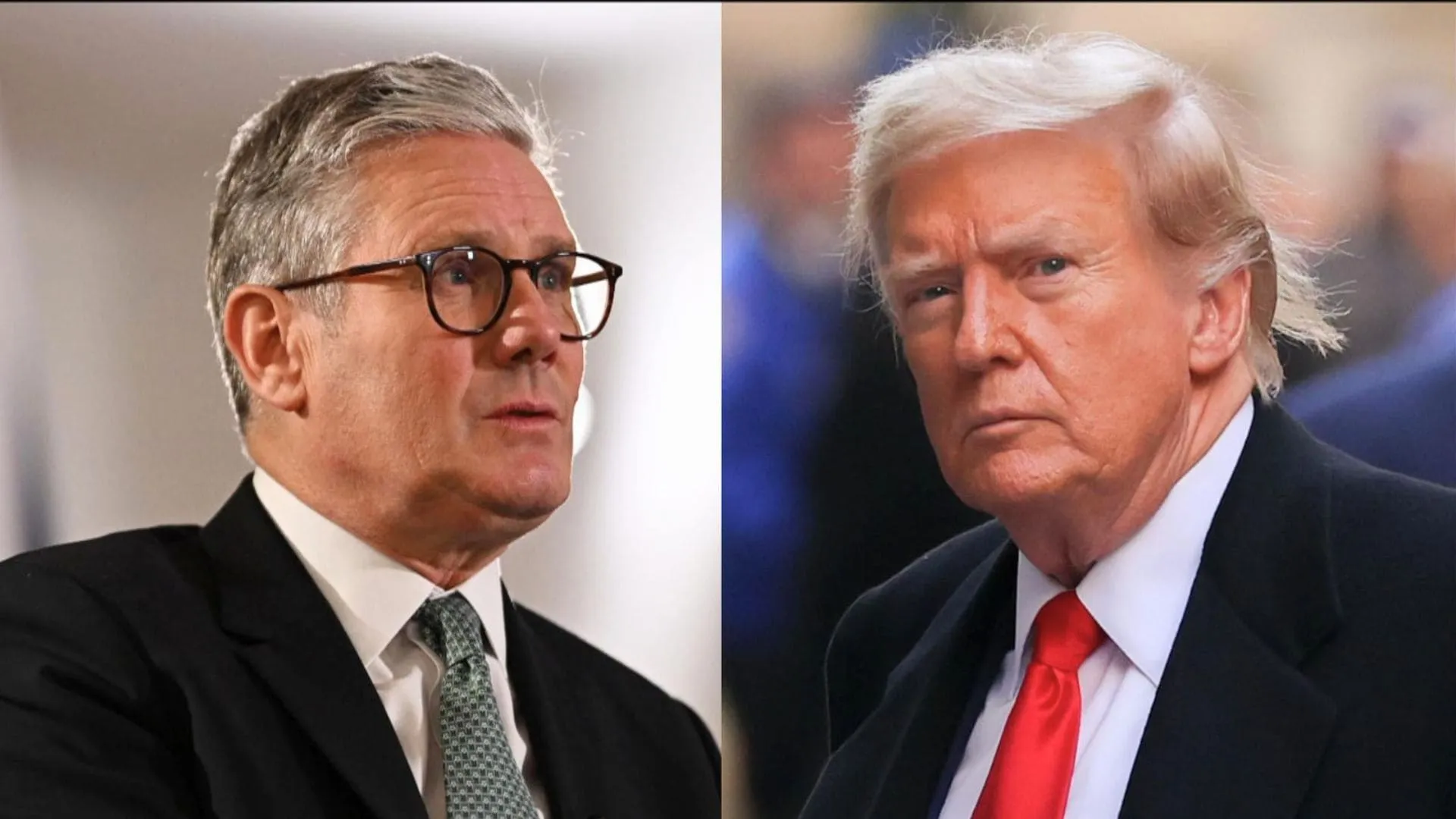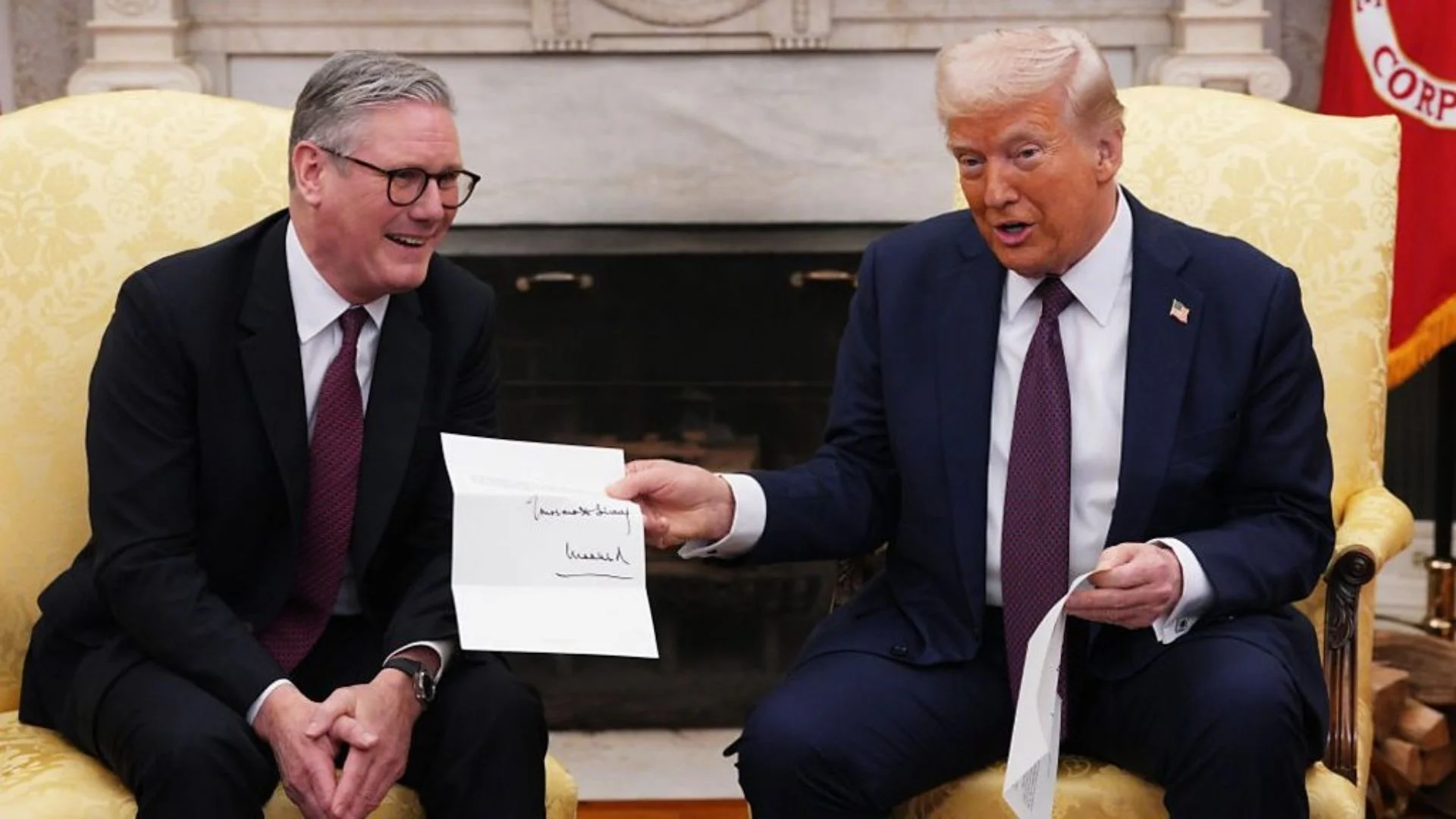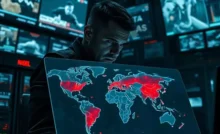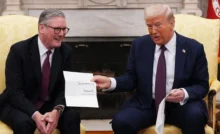Beijing has unveiled a new strategy regarding Taiwan, the democratic island it claims as its own, by conducting large-scale military drills without public announcement. This approach is intended to normalize a heightened military presence and signal to the United States that China can act at any time.
For four days this week, Taiwan was placed on high alert in response to what it described as China’s largest naval force mobilization in three decades around the island and in the East and South China Seas. China’s military remained silent until Friday, quoting ancient Chinese strategist Sun Tzu’s Art of War, stating, “Just as water retains no constant shape, so in warfare there are no constant conditions.” This cryptic message neither confirmed nor denied the existence of military exercises.
This initial silence marks a departure from China’s previous practice of launching extensive propaganda campaigns to coincide with military drills around Taiwan. A senior security official in Taiwan referred to these activities as “drills that dare not speak their name.”
In October, China’s “Joint Sword-2024B” war games were accompanied by a barrage of military graphics and videos targeting Taiwan’s President Lai Ching-te, whom Beijing labels a “separatist.” Lai has consistently rejected Beijing’s claims of sovereignty over Taiwan, asserting that only the island’s people can determine their future.
Security analysts had anticipated that China would initiate new drills in conjunction with Lai’s recent trip to the Pacific, which included stops in Hawaii and Guam. Beijing opposes any foreign engagements involving Taiwanese leaders.
“I clearly believe this is the beginning of the ‘mid-stage’ of normalization,” said Chen Kuan-ting, a lawmaker from Taiwan’s ruling Democratic Progressive Party (DPP). He warned neighboring countries to be vigilant, as they could become targets if they do not respond appropriately.
While neither the United States nor Japan—Taiwan’s key security partners—have confirmed the scale of China’s military movements, both nations have expressed concern. Taiwan indicated late Thursday that the military activities had subsided by closing its emergency response center.
One of Taiwan’s primary concerns is that these drills could escalate into an actual attack. A Taiwanese intelligence official noted that China’s silence aims to catch Taiwan off guard. “By not announcing the drills in advance, they want to lower our alertness and catch everyone off guard when they keep appearing around Taiwan,” said senior defense ministry intelligence officer Hsieh Jih-sheng.
Strategic Implications of China’s Military Activities
Analysts suggest that Beijing’s recent military activities, conducted quietly and followed by vague statements, are designed to create confusion. “What’s changed here is the scale of the exercise and lack of clarity from China about what was involved,” said Drew Thompson, a former U.S. Department of Defense official and now a senior fellow at Singapore’s S. Rajaratnam School of International Studies. “This only underscores the lack of certainty of China’s intentions.”
Over the past five years, China has routinely sent warships and aircraft into the waters and airspace surrounding Taiwan, which Taiwanese officials view as a gradual effort to normalize its military presence. Taiwan’s defense ministry reported that this latest naval deployment extended across the First Island Chain, which runs from Japan through Taiwan, the Philippines, and down to Borneo, effectively enclosing China’s coastal seas.
Control of this area by China could hinder U.S. forces from coming to Taiwan’s aid in the event of a conflict. “It’s a tricky operation, showing on the one hand their dissatisfaction with Taiwan, and on the other showing the U.S. and its allies that it has military muscle,” said Su Tzu-yun, a research fellow at Taiwan’s Institute for National Defence and Security Research.
A regional security diplomat noted that the lack of prior announcements indicates a normalization of military simulations around Taiwan. “China seems to be more concerned with preventing or delaying an intervention into the First Island Chain than with controlling the area around Taiwan,” the diplomat stated. “One day they will have exercised all they need and feel fully confident to deal with anything that might occur during their aggression towards Taiwan.”










